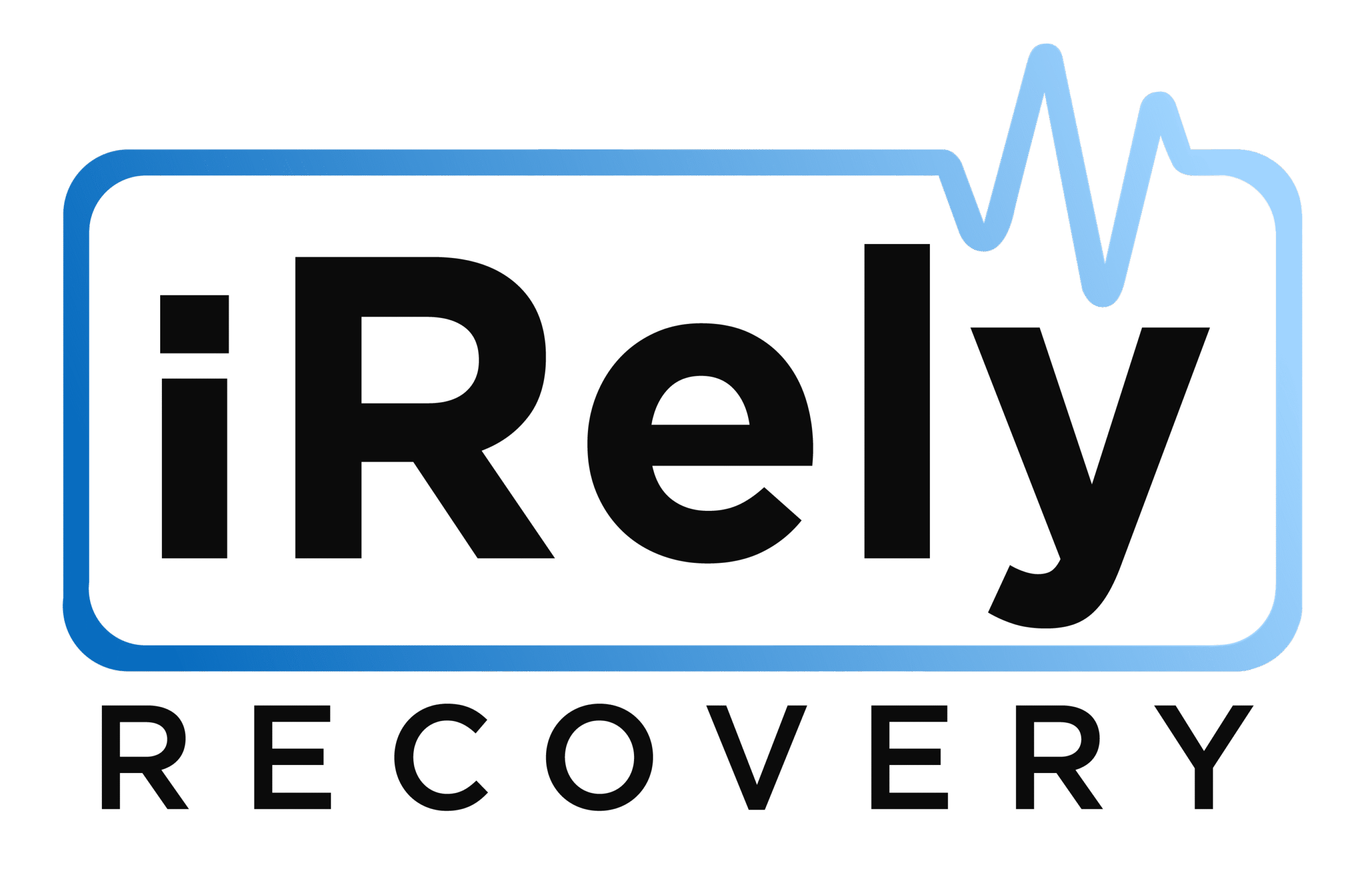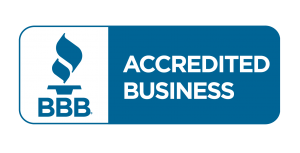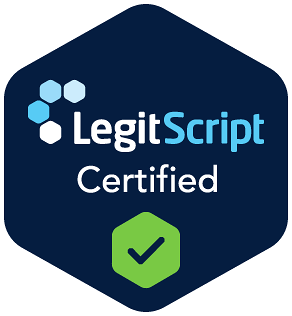ACT for Substance Abuse in Los Angeles
Break Free From Addiction With Acceptance & Commitment Therapy
ACT therapy is a practical treatment method that creates powerful pathways to healing. Break destructive patterns by focusing on acceptance and mindful awareness rather than fighting against difficult thoughts and feelings. iRely Recovery integrates ACT into personalized treatment plans that address both substance use and co-occurring mental health conditions, helping you develop practical skills to build a meaningful, recovery-focused life.
THERAPIES & TREATMENT PROGRAMS
- Recovery Oriented Treatment
- Group Therapy
- Cognitive-Behavioral Therapy
- Family Therapy
- Dialectical Behavioral Therapy (DBT)
- Acceptance & Commitment Therapy (ACT)
- Somatic Experiencing Therapy
- Trauma-Informed Care
- Experiential Therapy
- Mindfulness-Based Therapy
- Motivational Interviewing
- Adventure Therapy
- Individual-Therapy
What is Acceptance & Commitment Therapy (ACT)?
Acceptance and Commitment Therapy (ACT) empowers you to develop a new relationship with challenging thoughts and emotions.[1] Rather than avoiding or suppressing difficult feelings, ACT teaches you to observe them without judgment while continuing to move toward what matters most in your life. This powerful approach combines mindfulness practices with value-driven action to reduce the hold that substance use has on your daily functioning. The therapy recognizes that attempts to control or eliminate unwanted thoughts and feelings often lead to increased distress and continued substance use as an escape mechanism. Instead, ACT creates space for these experiences while helping you take steps aligned with your deepest values.
At iRely Recovery, our caring therapists guide you through ACT’s core components in both individual and group settings, helping you decrease avoidance behaviors, increase meaningful engagement with life, and create sustainable recovery. This strength-based approach incorporates ACT principles throughout your treatment journey, from detox through residential care and beyond. We find this therapeutic approach particularly effective for addressing the underlying emotional struggles that often fuel substance use patterns, allowing for transformative change that extends well beyond symptom reduction.
How (and Why) ACT for Substance Use Works
ACT addresses addiction at its roots by targeting psychological inflexibility — the rigid patterns of thinking and behavior that keep people trapped in cycles of substance use.[2] When faced with difficult emotions, cravings, or thoughts about using, many people turn to substances as a way to escape these experiences. ACT disrupts this pattern by teaching you to make room for discomfort while still making choices aligned with recovery. This approach recognizes that the struggle to control or eliminate unwanted internal experiences often paradoxically increases their intensity and impact on behavior.
The six core processes of ACT that build recovery include:[3]
- Acceptance: Learning to make room for urges and cravings without acting on them
- Cognitive defusion: Creating distance from unhelpful thoughts rather than being ruled by them
- Present moment awareness: Developing mindfulness skills to stay grounded during difficult situations
- Self-as-context: Recognizing that you are more than your thoughts, feelings, and addiction history
- Values clarification: Identifying what truly matters to you beyond immediate gratification
- Committed action: Taking concrete steps toward a meaningful life despite discomfort
Instead of simply fighting against addiction, you’ll learn to move toward values-based living, creating a life so rich and fulfilling that substance use no longer serves a purpose. This shift from avoidance to engagement represents a fundamental change in how you relate to difficult experiences.
The Efficacy of ACT for Addiction
Most studies show that ACT effectively manages substance use disorders with
significant evidence of reduced substance use or complete discontinuation with sustained abstinence.[4]
The literature conclusively supports ACT’s success as either a standalone treatment or in combination with other therapeutic approaches. At iRely Recovery, we leverage these evidence-based findings to deliver treatment protocols that maximize your chances for lasting recovery. Our integrated approach combines ACT principles with personalized care plans tailored to your specific needs and challenges.
What to Expect From ACT Therapy in Los Angeles
During your recovery journey with us, our specialized ACT approach transforms how you relate to substance use challenges through structured, evidence-based interventions tailored to your unique situation:
- Comprehensive assessment: Our team evaluates your substance use history, mental health concerns, and treatment goals to create a personalized care plan.
- Development of psychological flexibility: Learn to respond differently to cravings and negative thoughts associated with drug abuse and alcohol dependence.
- Defusion techniques: Master strategies to create distance from unhelpful thoughts that drive opioid and other substance misuse.
- Present moment awareness training: Build mindfulness skills to stay grounded during challenging situations instead of seeking escape through substance abuse.
- Values clarification exercises: Identify what matters most to you beyond the temporary relief of drug use.
- Committed action planning: Develop concrete steps toward behavioral health goals aligned with your personal values.
- Relapse prevention strategies: Learn practical tools to maintain recovery even when facing triggers.
- Integration with other services: When appropriate, ACT and addiction treatment work alongside medication-assisted treatment (methadone, etc.) for comprehensive care.
- Recovery support network development: Connect with community resources and support systems for sustained health after formal treatment programs.
ACT for Addiction at iRely Recovery
It’s no secret that most treatments fail because they ignore what’s driving your addiction. At iRely Recovery, we cut through the ineffective approaches and target what matters – building a life worth staying sober for.
Our ACT-based program gives you practical tools to face cravings head-on while creating meaningful change. Call our admissions team to learn about how our evidence-based approach can transform your relationship with recovery. The life you deserve is waiting — so let’s start building it together.
Frequently Asked Questions about ACT in Los Angeles
Can ACT help with co-occurring mental health conditions alongside addiction?
Absolutely. ACT excels at addressing co-occurring conditions like anxiety, depression, and trauma that often fuel substance use. Our Los Angeles treatment team specializes in dual diagnosis care that treats both addiction and mental health challenges simultaneously. This integrated approach targets the root causes of substance use rather than just managing symptoms, creating more comprehensive and lasting recovery.
What makes iRely's ACT program different from other Los Angeles treatment centers?
Our program stands out through its genuine implementation of ACT principles by specially trained therapists rather than superficial application. We maintain small group sizes to ensure personalized attention in our luxury LA facility. Our core clinical team consists of full-time staff dedicated exclusively to our patients. This commitment to quality and consistency creates a therapeutic environment where true transformation becomes possible.
Do I need to be completely ready to quit substances before starting ACT therapy in Los Angeles?
ACT meets you exactly where you are in your relationship with substances. The approach helps clarify what matters most to you and builds motivation through this values-based perspective rather than demanding immediate commitment to abstinence. Many people find their desire for recovery strengthens naturally through the ACT process as they reconnect with what gives their life meaning and purpose. Our non-judgmental approach creates space for authentic change at your own pace.
Sources
[1,3] Cleveland Clinic. (2024, September 30). Acceptance and commitment therapy is a psychotherapy approach to improve your relationship with your thoughts and emotions. Cleveland Clinic. https://my.clevelandclinic.org/health/treatments/acceptance-and-commitment-therapy-act-therapy on May 21, 2025
[2] Zhang, C.-Q., Leeming, E., Smith, P., Chung, P.-K., Hagger, M. S., & Hayes, S. C. (2018). Acceptance and Commitment Therapy for Health Behavior Change: A Contextually-Driven Approach. Frontiers in Psychology, 8(2350). https://pmc.ncbi.nlm.nih.gov/articles/PMC5769281/ on May 21, 2025
[4] Osaji, J., Ojimba, C., & Ahmed, S. (2020). The Use of Acceptance and Commitment Therapy in Substance Use Disorders: A Review of Literature. Journal of Clinical Medicine Research, 12(10), 629–633. https://pmc.ncbi.nlm.nih.gov/articles/PMC7524566/ on May 21, 2025




